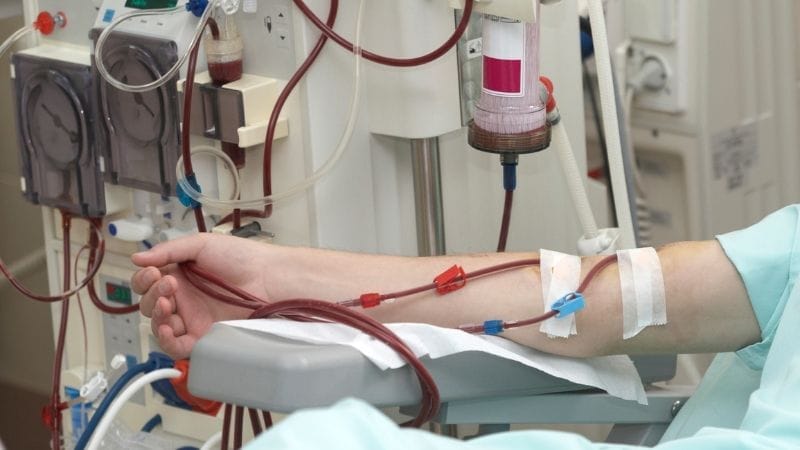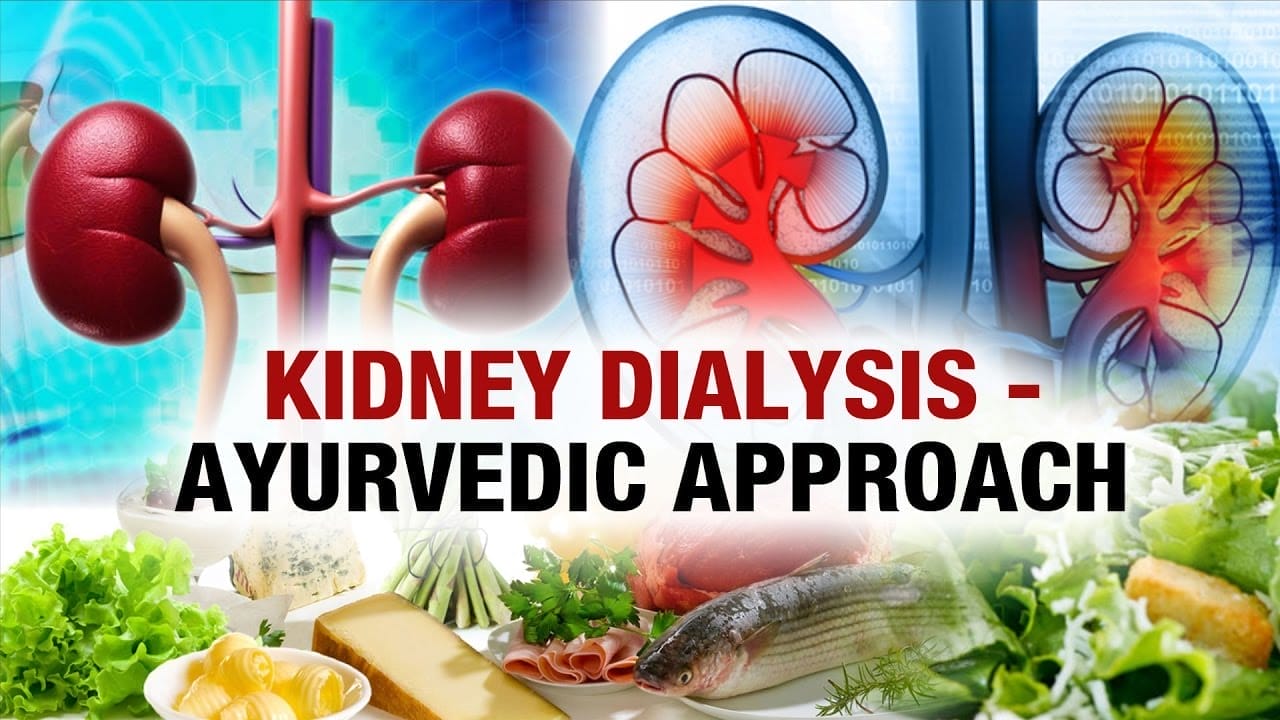What Is Dialysis?
Dialysis is an external support system that removes wastes and excess fluids from your blood when your kidney are not functioning normally.
Dialysis was used as a regular kidney treatment from 1960. It is now being used as a standard treatment all around the world. Dialysis does a part of healthy kidneys work, but one should understand that it does not cure your kidney disease. You will have to continue dialysis treatments for your whole life unless you are able to get a kidney transplant.

When will I need dialysis if I am also diagnosed with kidney disease?
You might not need dialysis if you are in the early stages of chronic kidney disease (CKD). Chronic kidney disease is a slow-progressing problem; its stages last many years. You will only need dialysis or a kidney transplant when your kidneys fail.
When should I go for dialysis?
According to the National Kidney Foundation guidelines, one should start dialysis only when the kidney function drops to 15% or less. You may also be suggested dialysis when you have severe symptoms of kidney diseases such as nausea or vomiting, shortness of breath, fatigue, and muscle cramps. It would not be your choice; rather, your doctor will decide, based on lab test results, when you need to start dialysis. These tests measure how much kidney function is left along with your symptoms.

If someone does not have symptoms, one may be able to wait a bit longer to begin the dialysis since chronic kidney failure manifests slowly. Hence, people start adapting to the problem and are unable to accept that they are in a problematic situation. This continues till they start dialysis and begin to feel better.
It is suggested that it would be better to start dialysis or a transplant a little earlier rather than reaching Stage 4. It is the stage where the glomerular filtration rate, or GFR, is less than 30 mL/min.
If I am on dialysis, will my kidneys get better?
The cause of your kidney disease getting better will depend on the cause of your kidney failure. Acute kidney failure and chronic Kidney failure are the two types of kidney failure. Acute or sudden kidney failure, if treated promptly, can be temporary. While in the case of chronic kidney failure, the kidneys do not heal normally.

In acute kidney disease treatment in ayurveda, kidneys stop functioning due to sudden stress; therefore, kidney function may recover. But when damage to your kidneys has been continuous and progressive over a number of years, the kidneys usually do not get better so easily. It would be irreversible if CKD progressed to end-stage renal disease (ESRD).
The causes of acute kidney failure are:
- Glomerulonephritis (inflammation of the glomeruli), High blood pressure
- Insufficient blood supply to the kidneys
- Long-term autoimmune attack on the kidneys
- Obstructed urine flow
- Polycystic kidney disease (PKD)
- Allergic reactions, toxic substances, or an acute autoimmune attack on the kidneys
Type I and Type II diabetes
It is quite natural for chronic kidney disease patients to find it suddenly if the problem is diagnosed at a point of dialysis or a transplant. However, the injuries developed gradually in your kidneys and were causing permanent damage.
For cases of acute kidney failure, one may need only a few dialysis for a few days or weeks till your kidneys recover. But in cases where the damage to the kidney’s function is too bad to recover from, you might also need long-term dialysis or a kidney transplant to survive.

When do patients require dialysis?
Dialysis is suggestive to patients usually when the waste products start accumulating in the body, and the accumulation starts causing trouble to them. The accumulation of waste products is a slow process. Several blood chemical levels are measured, which helps to decide when dialysis is necessary. The two major blood chemical levels measured are the “creatinine level” and the “blood urea nitrogen” (BUN) level. When these two levels rise in your blood, the kidneys’ ability decreases to cleanse the body of waste products.
Patients are also advised to undergo urine tests. This urine test assesses the “creatinine clearance” by the kidneys. The creatinine is measured in urine and blood. The creatinine levels in blood and urine give the doctor an accurate idea of how well the kidneys work. This provides us with the value of creatinine clearance. It has been observed that the value of creatinine clearance falling to 10-12 cc/minute offers recommendations for immediate dialysis.

The doctor also assesses some other indicators in the patient’s status to decide about the need for dialysis. Suppose the patient experiences a major inability to get rid of the body’s excess water and along with these are complaining of problems with the heart, lungs, or stomach. A few people may report difficulties with taste or tingling sensations in their legs therefore dialysis may be suggested even though the creatinine clearance has not fallen to the 10-12 cc/minute.
It must be noted that people undergoing dialysis have recovered well and are living a healthy life after being treated with acute kidney disease treatment in ayurveda at KidneyXpert.

